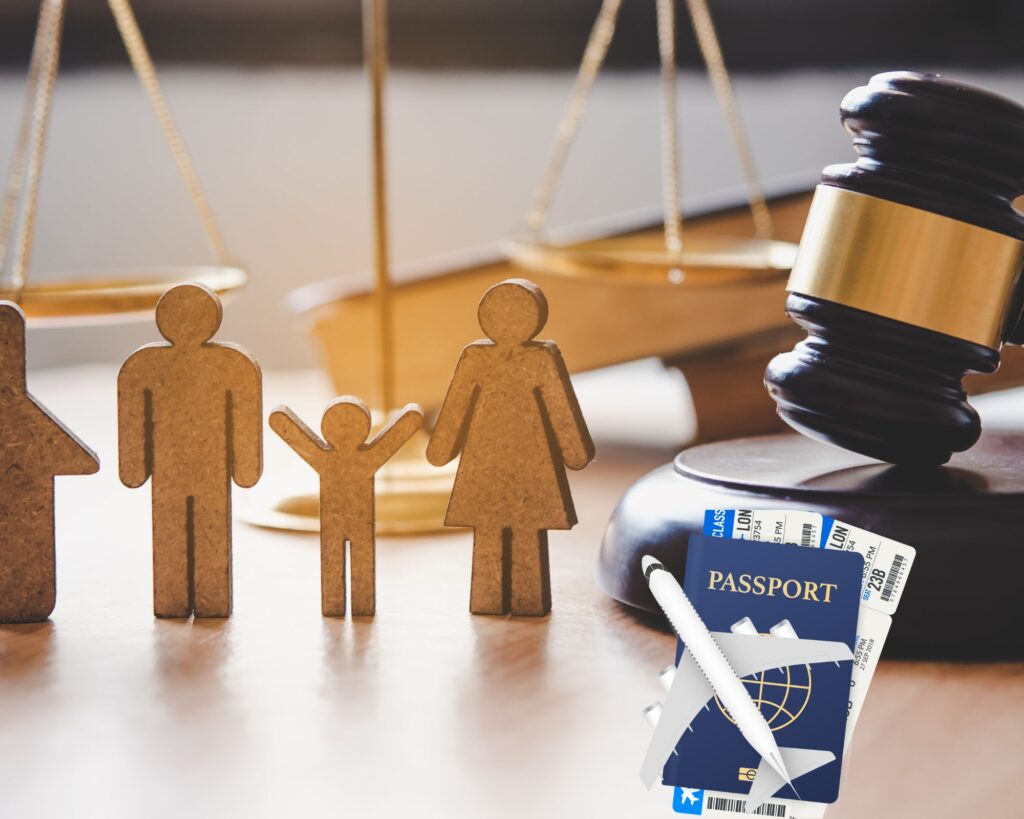
Summary:
Tim de Meyer, Senior Advisor in the International Labour Standards Department (NORMES) of the ILO, illustrates the relationship between workplace rights and standards. ILO Conventions No. 87 and No. 98 give both workers and employers specific rights that come from this basic freedom to organize. Social justice is the goal of “every working man and woman being able to claim freely and based on equality of opportunity their fair share of the riches that they have helped to generate”. The ILO’s 2019 Centenary Declaration for the Future of Work reaffirms the necessity of social justice.
Tim de Meyer, senior advisor in the International Labour Standards Department (NORMES) of the ILO, illustrates the relationship between workplace rights and standards and how crucial they are for ensuring social justice and decent employment for all.
What connection exists between human rights and international labour standards?
Even before the United Nations Charter proclaimed “confidence in fundamental human rights” and “the dignity and worth of the human person,” international labour standards (ILS) had been expressing human rights at work. The 1948 Universal Declaration of Human Rights (UDHR) enshrined the fundamental human rights for decent work.
ILS continued to serve as a model for the UDHR’s successor documents, the International Covenants on Civil and Political Rights and the Economic, Social, and Cultural Rights.
ILS today talks about human rights at work, such as the right to work, the right to social security, the right to safe and healthy working conditions, the right to fair wages and equal pay for work of equal value, the right to rest and leisure, the right to a reasonable limit on the number of hours one must work, the right to paid holidays and the right to maternity protection.
Does ILS cover all human rights?
International human rights norms and standards include ILS, or international legal standards.
ILS gives the specifics for putting human rights commitments into practice in the workplace. For instance, the UN Covenants declare the right to freedom of association. At the same time, ILO Conventions No. 87 and No. 98, as well as the collection of ILO Committee on Freedom of Association decisions, give both workers and employers specific rights that come from this basic freedom to organize.
ILO and UN groups that keep an eye on the application of rights that go hand in hand with each other often talk about each other’s decisions.
Do ILO guidelines uphold human rights?
The achievement of economic, social, and cultural rights and civil and political rights is a goal shared by all ILO standards. Respecting human rights commitments requires that workplace rights be protected.
While some ILO standards set benchmarks for the labour market institutions required to realise human rights at work, others clearly express human rights.
Which rights have the ILO deemed to be fundamental?
Five principles are highlighted as being so vital in the 1998 Declaration of Fundamental Principles and Rights at Work, as modified in 2022, that they must be upheld even if the country in question has not ratified the applicable Conventions. These include the elimination of all forms of forced or compulsory labour, the effective abolition of child labour, the freedom to associate freely, the effective recognition of the right to collective bargaining, the elimination of discrimination in employment and occupation, and a safe and healthy workplace (added in 2022).
How can social justice and human rights intersect?
Similar to how the UN Charter links human rights and fundamental freedoms with maintaining international peace and security and resolving global issues of an economic and social nature, social justice is mentioned as the cornerstone of universal and lasting peace in the first line of the preamble of the ILO Constitution. The ILO’s 2019 Centenary Declaration for the Future of Work reaffirmed the necessity of social justice. According to the 1998 Declaration, social justice is the goal of “every working man and woman being able to claim freely and based on equality of opportunity their fair part of the riches that they have helped to generate.”
How can we attain social justice?
According to the Centenary Declaration for the Future of Work, social justice can be attained by placing “workers’ rights and the needs, ambitions, and rights of all people at the heart of economic, social, and environmental policy.” Governments, employers and worker representatives must act continuously and together to achieve this.
To achieve social justice through the promotion of decent work, four strategic goals are essential: encouraging full, productive, and freely chosen employment; setting up social protection; fostering social discussion; and realizing basic principles and rights at work.
What function does social dialogue serve regarding global labour standards and human rights?
Social dialogue is based on the human rights ideas of inclusion and participation. Representatives of both employers and employees have the right to participate in decisions that affect their rights and interests related to their jobs. The involvement of the social partners is crucial to ensuring that their expertise and input from the labour market are fully considered, as well as to securing their complete cooperation in developing and garnering support for policies and decisions. Human rights at work often start with social dialogue at work.
Analysis by: Advocacy Unified Network
